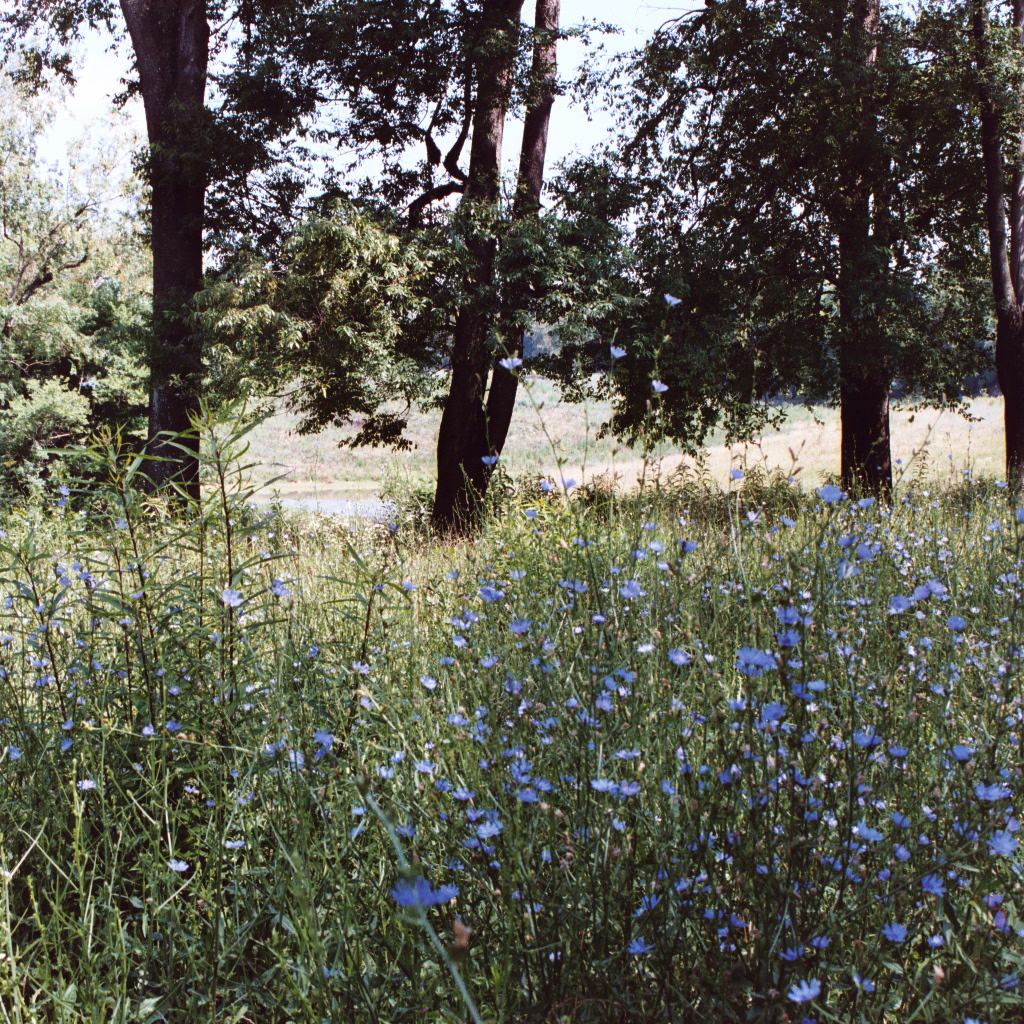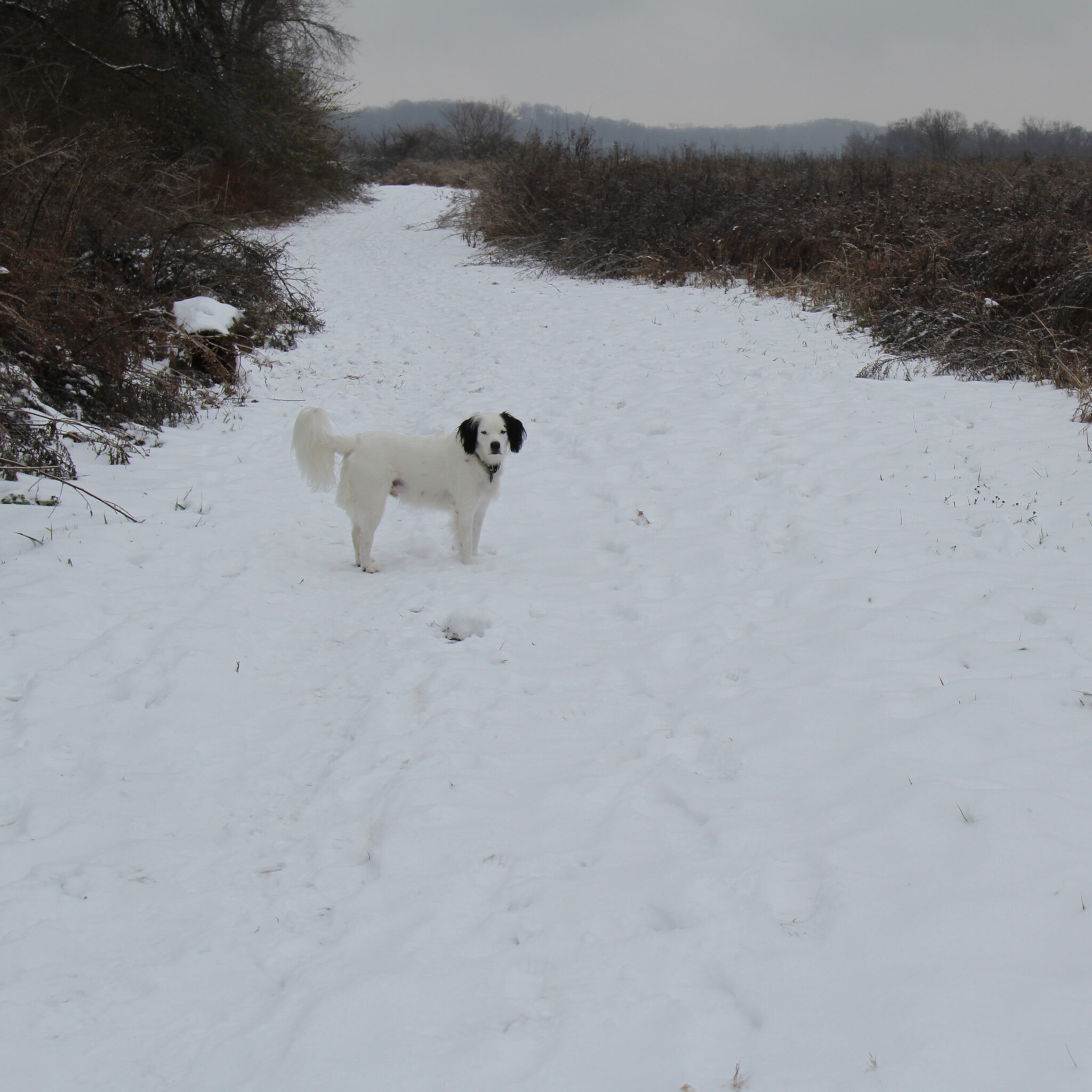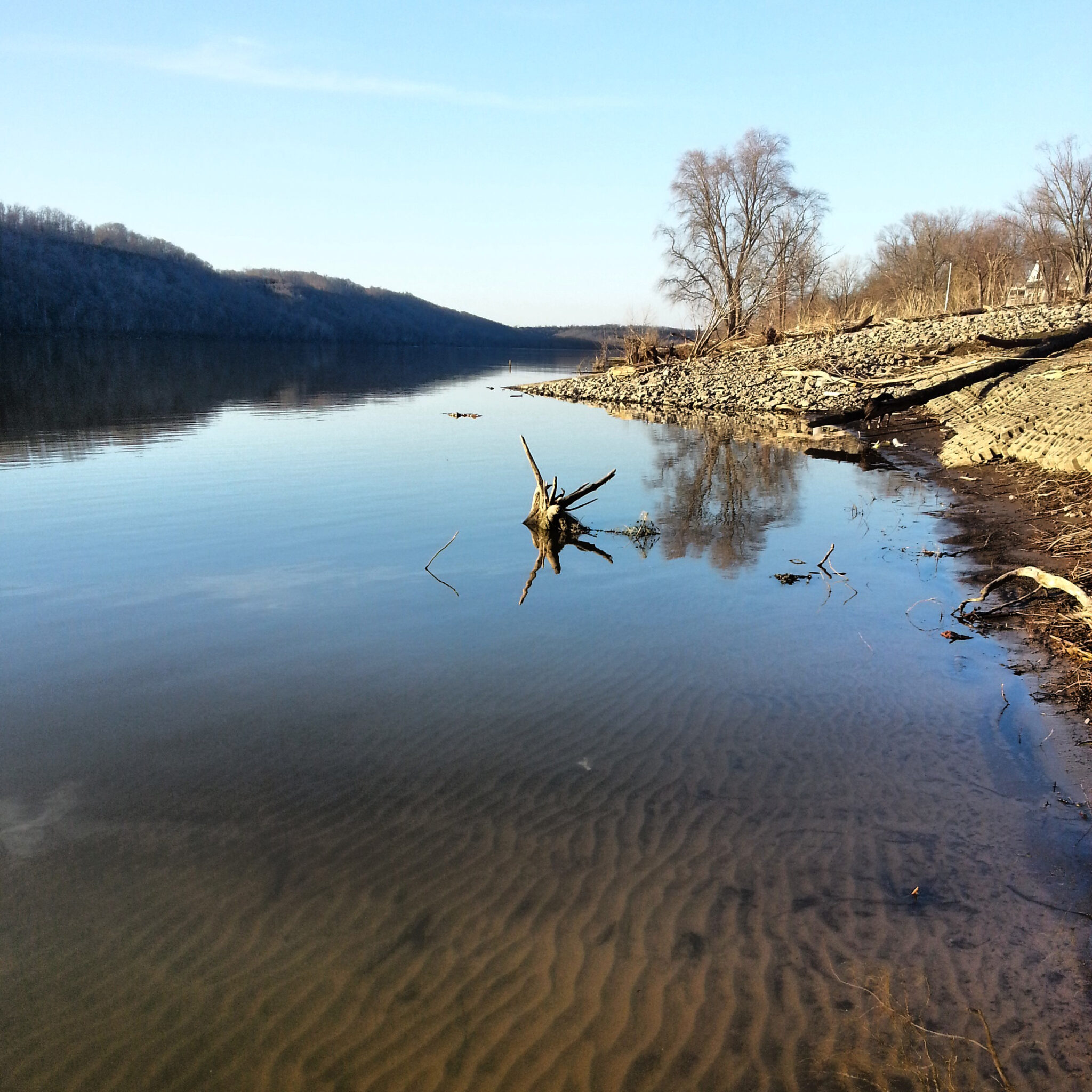Rivers are critical for safeguarding Earth’s most precious natural resources for future generations. Rivers provide clean drinking water, transportation, irrigation, and habitats for fish and other wildlife. Founded in 1959 in Louisville, River Fields is among the oldest river conservancies in the United States and the largest such group on the Ohio River.
“We serve the Louisville Metro area along a 50-mile stretch of the Ohio River from Westport, Kentucky, to West Point, Kentucky,” says Kristin Faurest, president and CEO. “Our mission is to protect, preserve and enhance natural and cultural resources on both sides of the Ohio River between Westport and West Point, Kentucky, as well as the region surrounding it, for the benefit of the public. River Fields accomplishes its mission through three main programmatic areas: advocacy, conservation and education.”

River Fields owns 10 properties totaling 64 acres along the Ohio River, all of which are accessible to the public. One of these properties is Garvin Brown Preserve, a 46-acre, biodiverse nature preserve with 1,800 linear feet directly along the Ohio River. The scenic area is rich with wildflowers and an ideal spot for birding. It is open to the public 365 days a year. Another is Fairview, a scenic pull-off from River Road offering sweeping views of the Louisville skyline. River Fields’s other holdings include delicate wetlands and open spaces that maintain the scenic pastoral nature of River Road, Jefferson County’s only state-designated scenic byway, and provide a habitat for threatened flora and fauna. In addition to the property it owns outright, River Fields holds 19 conservation easements that protect an additional 2,177 acres of land from development.
“Many people don’t understand the difference between conservation easements and outright ownership,” Faurest says. “Conservation easements are legal agreements between a landowner and a land trust that place permanent restrictions on the use of property. Most conservation easements, including all the easements held by River Fields, restrict those uses forever, permanently conserving the property while allowing landowners to retain many of their rights to the land, including the right to use the land for agriculture, sell it, or pass it to their heirs. The River Fields easement program includes preserving significant historic structures and landscapes in the river corridor. Nearly half of the organization’s conservation easements are co-held by the Kentucky Heritage Council. This partnership allows the Heritage Council and River Fields to share resources and expertise that enable us to protect historic properties comprehensively. Our organization contributes significantly to preserving our community’s culture, nature and history. Once a structure, or place of history and natural or cultural richness and beauty, is lost, it is lost forever. I plan to never lose sight of that.”
Faurest says as the new leader of River Fields, she hopes to build on an already outstanding legacy, and enhance and expand educational offerings. She has served as an educational leader at several environmentally focused organizations, and is also an adjunct lecturer in landscape architecture at Weihenstephan-Triesdorf University in Germany, so education about land and environment, and engaging people with nature, have always been at the core of what she does.

“River Fields’s advocacy work centers on encouraging planned development within the Ohio River corridor,” Faurest says. “River Fields works with developers and the Louisville Metro Planning Commission to ensure that the integrity and scenic beauty of the river corridor is not marred by industrial and commercial developments that clash with the area’s bucolic, scenic setting and rich history. The River Fields board and staff are skilled in using historic preservation laws, environmental regulations and elements of Louisville Metro’s comprehensive plan to hold back the heavy commercial and industrial uses that once plagued Louisville’s waterfront. Sharing that information to advocate and educate others is an important part of this organization’s ethos. Our conservation program, which includes both properties held in fee simple and conservation easements, protects the same resources safeguarded through our advocacy work.”
Faurest says the organization’s educational arm ties together the River Fields advocacy and conservation programs. River Fields regularly hosts tours and nature walks of its protected properties, to allow the public to reconnect with the natural world and learn about some of Louisville’s most spectacular conserved properties. Besides tours, River Fields publishes content-rich e-blasts and newsletters to keep people abreast of developments affecting the river corridor. River Fields also freely consults with neighborhood organizations and individuals looking to better understand the protections afforded by the National Historic Preservation Act, and how those protections can help defend historic homes and neighborhoods.
River Fields hosts varying events throughout the year. Most recently, the nonprofit hosted a wildflower walk at Wolf Pen Branch Mill Farm and a historic walk at Edyalmoor. This storied estate is one of the organization’s easement properties. Faurest says their annual fundraising event on October 25 is a fantastic way for Louisville residents to learn more about River Fields’s tireless work for the environment.
“We are a nonprofit, nongovernmental organization, so public support is critical to our being able to continue doing what we do to protect the land,” Faurest says. “Coming to our programs and events, and becoming a supporting member, are a great way to do that. Any contribution of time, talent or treasure is appreciated. The public can sign up for email, become a member with a contribution of any size, or volunteer on the River Fields website. I am working on enhancing and increasing our programming offerings in the future.”
Faurest says that, like any other nonprofit organization, River Fields is totally dependent on the support of the citizens of Louisville. She says each person can and does make a difference in its mission.
“Few organizations in the United States take the comprehensive approach to conservation employed by River Fields,” Faurest says. “Many land trusts own property, many others hold conservation easements, and some engage in advocacy work. However, very few employ every tool possible to protect open spaces, historic properties, wetlands, farms and forests. This organization has an incredible history of standing up for the land and the people who occupy it. That’s what I plan for us to continue doing. I grew up on the Ohio River and have a profound – you might even say sacred – relationship with it. It’s my personal mission for River Fields to continue to be a voice for the land and the river and, equally important, to be a voice for the people who depend upon both.”





